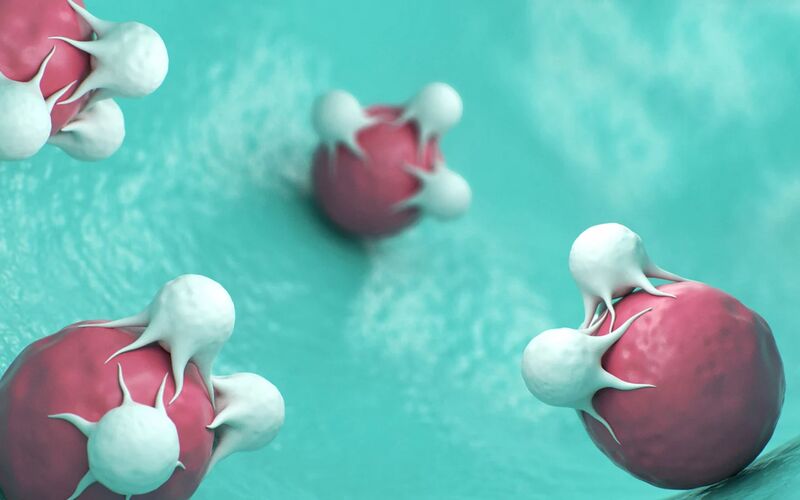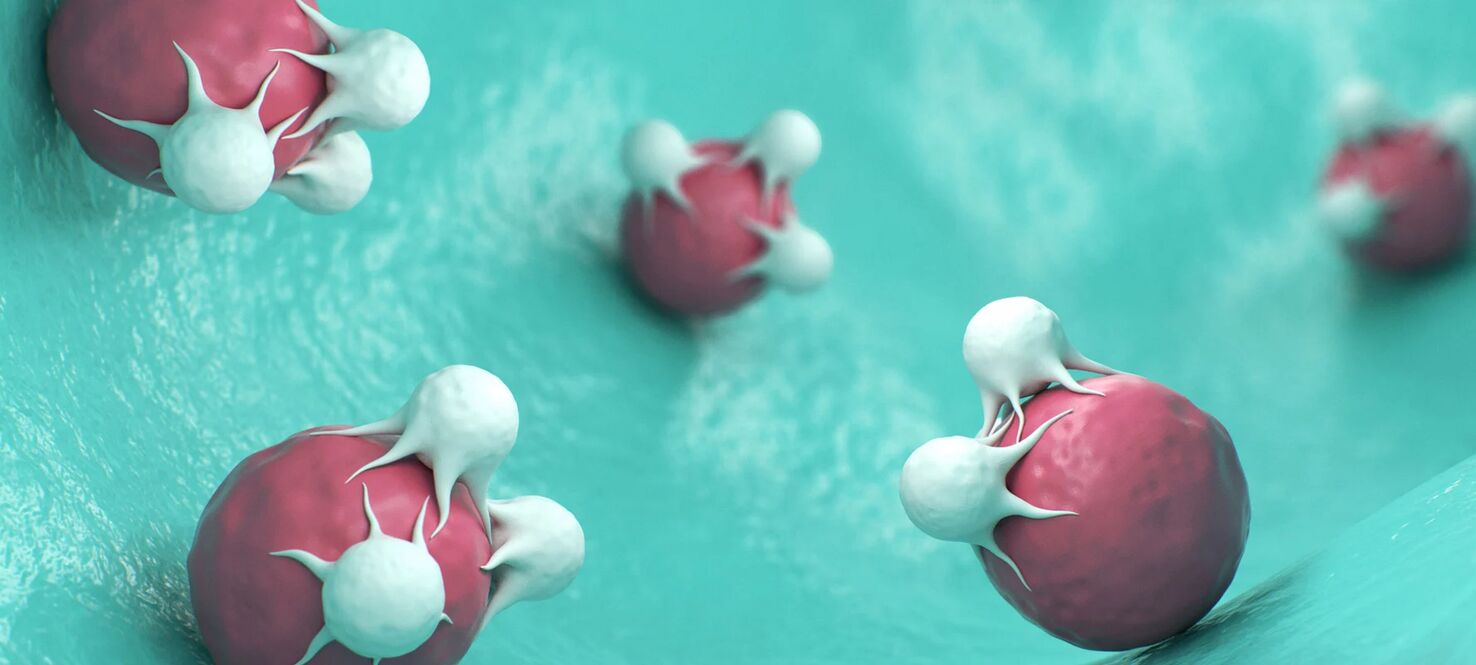Moffitt Study Shows New Immune Boost Could Expand Access to Cancer Immunotherapy
Researchers at Moffitt Cancer Center have found that tapping into the body’s own immune system and activating a type of immune cell known as B cells, could be the key to boosting the effectiveness of tumor-infiltrating lymphocyte, or TIL therapy. Results of their study were published in the Journal for Immunotherapy of Cancer.

Daniel Abate-Daga, PhD
TIL therapy starts with doctor’s removing tumors from the patient. These tumors are sent to a lab, where they are dissected to collect immune cells that have infiltrated the tumor, known as tumor-infiltrating lymphocytes (TILs). These TILs are then grown in large quantities and reinfused into the patient’s body to seek out and attack cancer cells. While it’s already FDA-approved for melanoma, new Moffitt research shows that a simple tweak in the lab could make it work even better for more patients. The key is a natural immune protein called CD40L.
“We discovered that by adding CD40L to the immune cells in the lab, we could dramatically improve the number and quality of cancer-fighting T cells we’re able to grow,” said Daniel Abate-Daga, PhD, scientific director of the Cell Therapies Core at Moffitt and lead author of the study. “It’s like flipping a switch that helps these cells become stronger and healthier.”
Results of the study showed that in more challenging specimens, TIL cultures grew successfully in 67% of samples when CD40L was used, compared to 33% without it. The approach also shaved up to one week off the manufacturing time, potentially getting the cellular immunotherapy to patients sooner. Finally, the enhanced cells were more “stem-like,” a trait linked to longer-lasting cancer fighting capabilities.
“TIL therapy is one of the most promising treatments we have for solid tumors,” said Abate-Daga. “This discovery could help more patients benefit and do so more quickly.”
Moffitt is currently leading a clinical trial to test this approach in patients with non-small cell lung cancer. Researchers hope CD40L-enhanced TILs will become a next-generation standard in TIL therapy.




